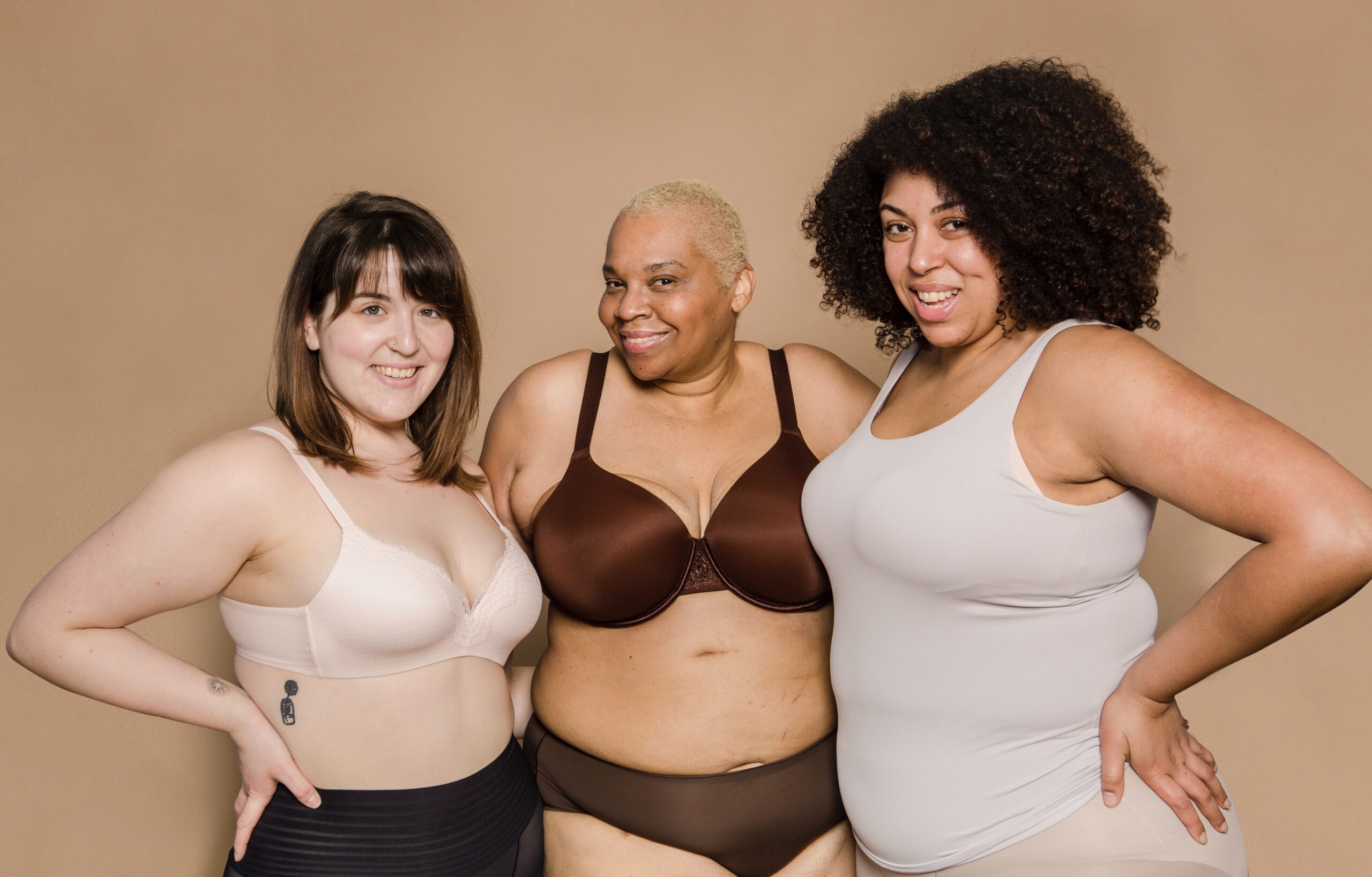
Obesity is a widespread issue that we must tackle. But one thing is for sure, fat-shaming is never the solution that will help people lose weight. Making people feel ashamed of their body or eating habits won’t inspire a healthy lifestyle, but may only make them feel more terrible. Fat-shaming brings more harm than good, as we have seen by the reaction to various media campaigns and brand images that promote one narrow standard of beauty. Instead, being body-positive and promoting supportive messages of health and wellness is the place to start.
What is Obesity?
Obesity is a medical condition that is normally diagnosed with people who have excess weight or body fat. This condition can affect their health or put them at risk for several chronic diseases and health conditions. In 2016, over 1.9 billion adults were reported to be overweight, and 650 million were obese.
Obesity is often caused by an imbalance intake of calories consumed and calories expended. This energy imbalance happens when a person has little to no physical activity, ultimately resulting in weight gain.
What is Fat Shaming?
Fat shaming is when people criticize or harass overweight people about their body and eating habits to make them feel guilty or embarrassed of themselves. Examples of this are disgusted looks from other people, comments like “you’d look better if you just lose weight,” or outright verbal shaming online and in person, and even through memes.
Nonchalant comments about weight, such as a person with a healthy BMI scoffing about looking “fat” despite having a healthy BMI next to an obese or overweight person, can be considered an insensitive weight remark as it poisons or negatively affects the wellbeing of others.
Fat shaming is seen everywhere—from other people, from the media, and unfortunately, form ourselves. A study shows that anti-fat prejudices and internalization starts at a very young age, mostly because the guardians or caregivers shape toddlers to feel certain ways.
As these children grow up to become teens, their attitude can progress to shame others and themselves based on weight, despite weight gain being a healthy development during puberty. This act can result in disordered eating behaviors.
Another study found that the majority of obese teen girls had their weight poked fun of. Around 70% of those girls said they went on a crash diet or starved themselves, while 33% resorted to overeating to feel better.
Effects of Fat Shaming on Obese People
Obesity has grown to become a touchy subject, and its effects go beyond self-destructive behavior like overeating resulting in gaining more weight.
Shaming people because of their weight has been confirmed to carry strong links to depression, reduced self-esteem, eating disorders like binge eating, risk of suicide, and other mental and physical problems, making fat shaming a public health issue.
Weight stigma and discrimination against overweight and obese people also causes psychological distress and negatively affects them. Associating the value of a person based on their weight or the way they look doesn’t contribute any good.
The bottom line is, fat-shaming isn’t the solution to solving obesity or motivating people to lose weight. To further understand this sensitive subject, below is an infographic that illustrates the numbers about obesity, facts on fat-shaming, its complications and harmful effects, and how to combat them.
We believe that all curves and shapes are beautiful. We encourage people to stop weight discrimination and start supporting people they love on their journey to a healthy lifestyle. Makati Medical Center, a premier hospital in the Philippines that values lives and provides premium and personalized healthcare services, has put together the following infographic outlining stats about obesity and fat-shaming.

























